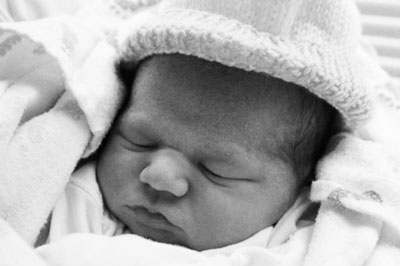All Nonfiction
- Bullying
- Books
- Academic
- Author Interviews
- Celebrity interviews
- College Articles
- College Essays
- Educator of the Year
- Heroes
- Interviews
- Memoir
- Personal Experience
- Sports
- Travel & Culture
All Opinions
- Bullying
- Current Events / Politics
- Discrimination
- Drugs / Alcohol / Smoking
- Entertainment / Celebrities
- Environment
- Love / Relationships
- Movies / Music / TV
- Pop Culture / Trends
- School / College
- Social Issues / Civics
- Spirituality / Religion
- Sports / Hobbies
All Hot Topics
- Bullying
- Community Service
- Environment
- Health
- Letters to the Editor
- Pride & Prejudice
- What Matters
- Back
Summer Guide
- Program Links
- Program Reviews
- Back
College Guide
- College Links
- College Reviews
- College Essays
- College Articles
- Back
Why I Don't Support Embryonic Stem Cell Research MAG
When life gives you lemons, make lemonade. When life gives you leftover embryos from in-vitro fertilization, destroy them and use their stem cells to cure diseases.
Wait, what?
Believe it or not, some people think that doing that is morally acceptable. It’s called embryonic stem cell research, or ESCR, and some scientists believe that it is the key to curing diseases like Parkinson’s and Alzheimer’s.
As someone who watched her grandpa suffer from Alzheimer’s, I would be ecstatic if we could find a cure. Watching Grandpa ask where Grandma was and seeing his face when we had to remind him that she died years ago was nothing short of heart-wrenching. And the latest research on Alzheimer’s has revealed that it may be genetic, which means that I and the people I love most might be headed down the same path as Grandpa. Nevertheless, I don’t believe that ESCR is an option that we should be pursuing.
My first reason is a purely practical one. Embryonic stem cells, despite all the research that has already been conducted, haven’t succeeded in curing any diseases, whereas adult stem cells have actually had some success. Unlike those from embryos, adult stem cells can be harvested without harming anything or anyone.
My second reason is about ethics: ESCR is morally wrong. In order to harvest the stem cells, the embryo must die. Science is pretty firm on this: the preborn are human beings from the moment of fertilization. This makes ESCR morally tantamount to killing toddlers and using their stem cells for research.
Some people try to justify the use of embryonic cells by saying, “Well, they’re just going to die anyway.” But that’s true of all of us: we’re all going to die someday. Our life
span, whether it is two days, two months, or seventy-two years, has nothing to do with our value. If embryos are human (and science says they are), then they deserve human dignity. That means we must not destroy them for medical research.
I understand that ESCR has noble intentions. Scientists and doctors are trying to save human lives. But if we have to murder other humans to achieve that goal, then we need to find another way. I genuinely want a cure for Alzheimer’s disease, but not at the cost of innocent human lives. None of us should desire that.

Similar Articles
JOIN THE DISCUSSION
This article has 10 comments.

3 articles 0 photos 5 comments